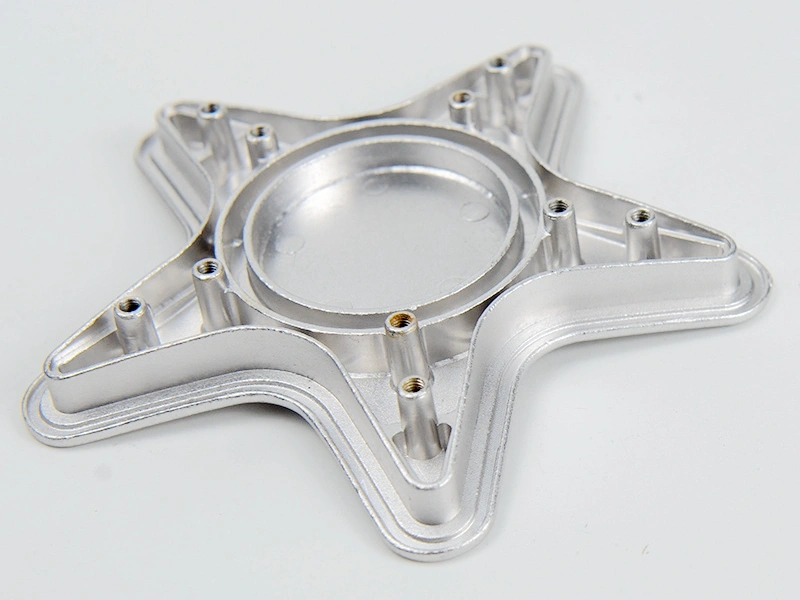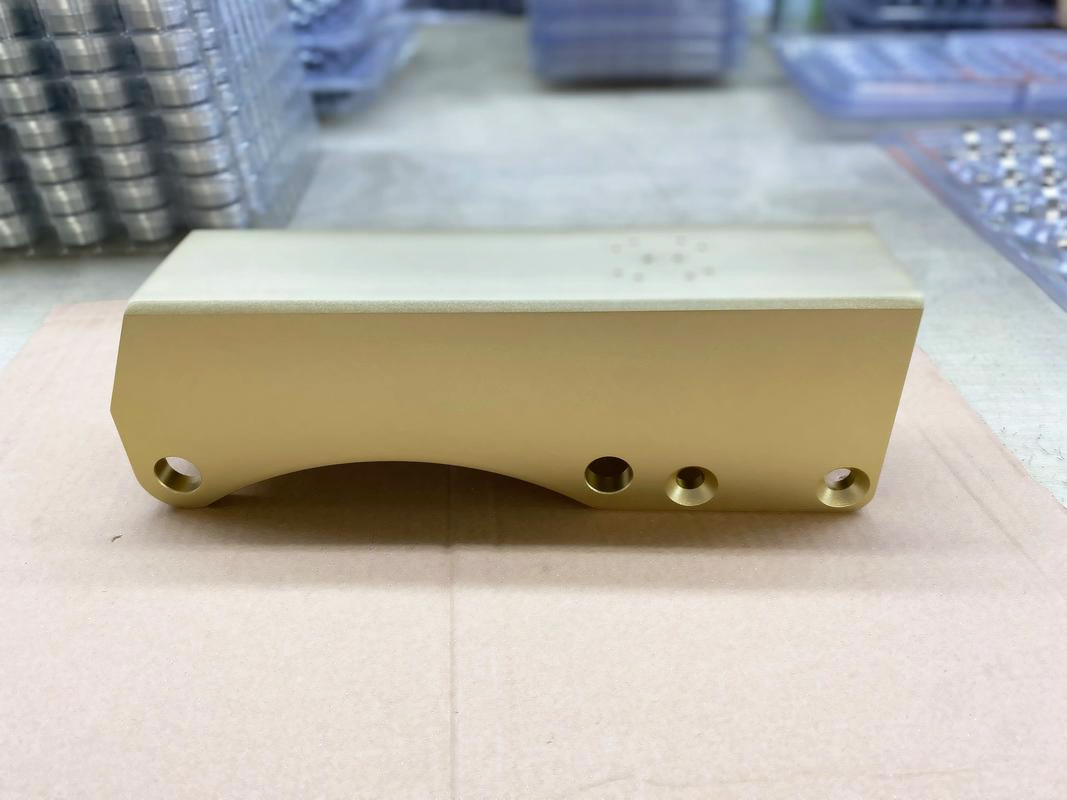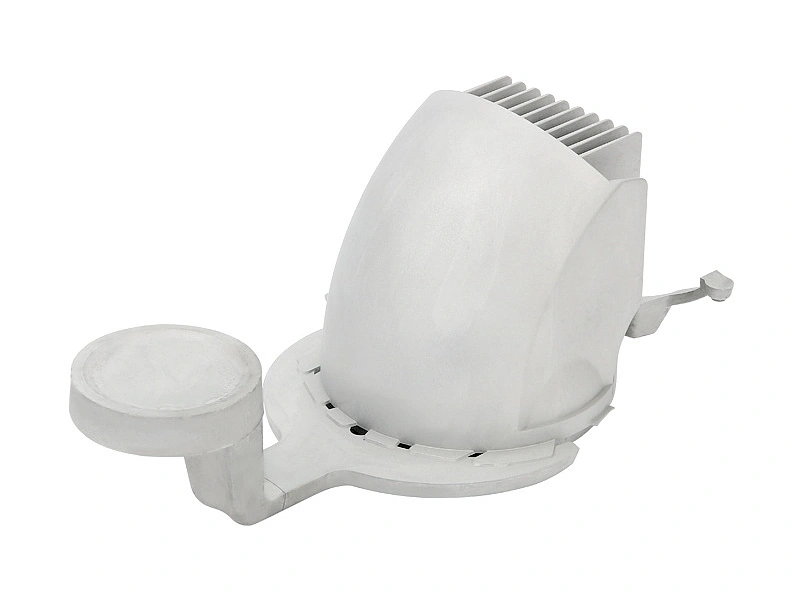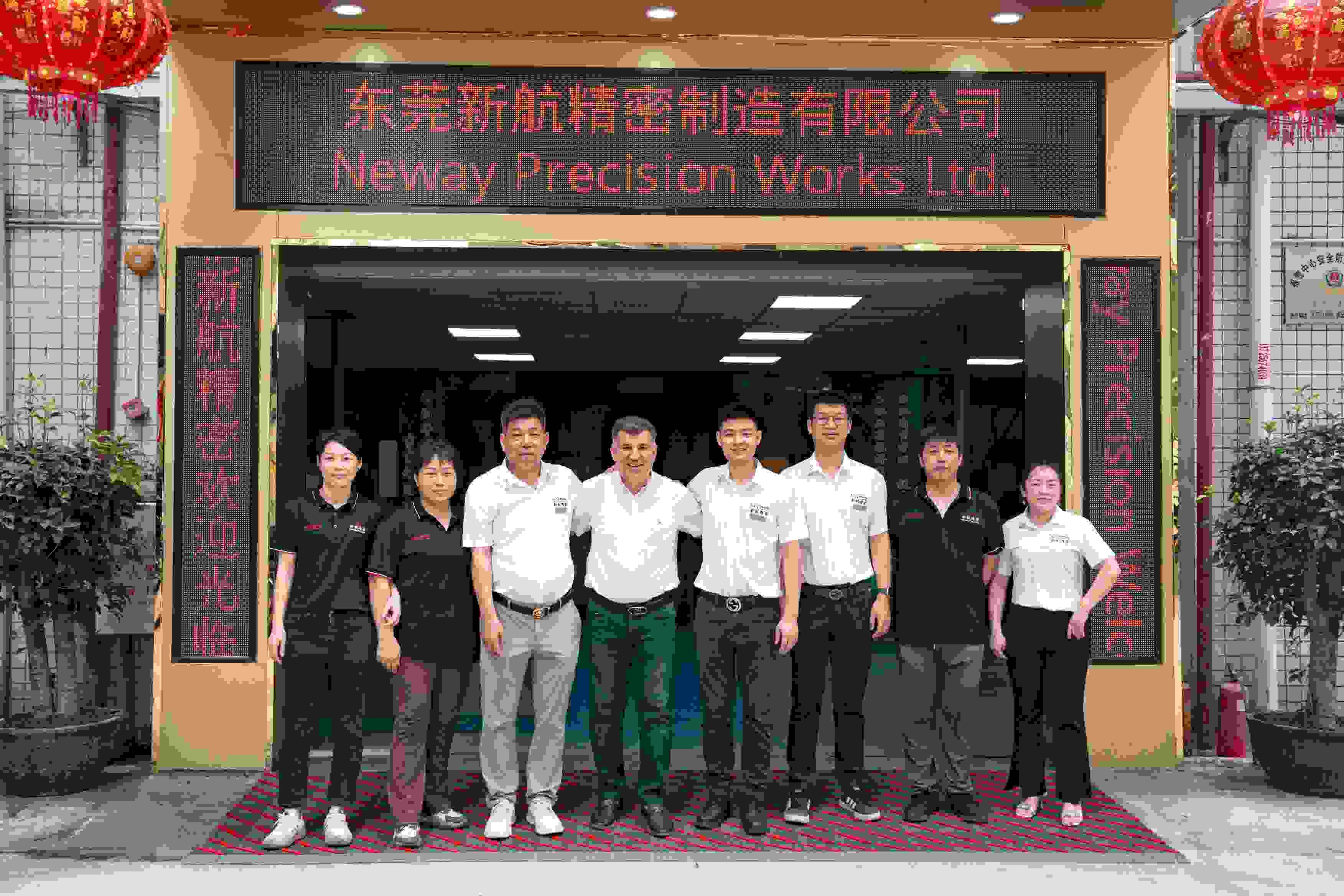What aluminum alloys are best suited for saltwater marine environments?
What Aluminum Alloys Are Best Suited for Saltwater Marine Environments?
Corrosion Challenges in Marine Applications
Aluminum parts exposed to saltwater face aggressive corrosion, particularly pitting and galvanic attack due to chloride ions. Selecting the right alloy is essential to ensure long-term performance in shipbuilding, offshore equipment, marine housings, and underwater electronics. Die casting alloys used in marine environments must combine good castability, corrosion resistance, and mechanical strength.
Recommended Aluminum Die Casting Alloys for Marine Use
AlSi12
AlSi12 offers excellent corrosion resistance due to its high silicon content and minimal copper impurities. This alloy resists saltwater attack well and is frequently used for marine pumps, enclosures, and valve bodies where dimensional stability is also critical.
AC7A
AC7A is a marine-grade aluminum alloy designed specifically for seawater resistance. It contains magnesium and limited copper, providing strong resistance to pitting and crevice corrosion. This alloy is ideal for exposed castings such as structural brackets and underwater housings.
EN AC-43500 (AlSi10Mg)
EN AC-43500 combines good corrosion resistance and moderate mechanical strength. It is often used in precision marine parts and components requiring post-machining and finishing.
AlMg5Si2Mn
AlMg5Si2Mn provides excellent performance in salt-laden environments due to its magnesium and manganese content. It is suitable for high-strength marine structures and engine-adjacent components where exposure to brine is continuous.
Alloys to Avoid in Saltwater Conditions
Die cast alloys with high copper content, such as A380 or ADC12, are not recommended for marine use due to their susceptibility to galvanic corrosion, especially when in contact with other metals.
Surface Treatments for Enhanced Saltwater Durability
Even with corrosion-resistant alloys, additional protection is often required for marine-grade longevity. Neway offers:
Anodizing: Enhances corrosion resistance and provides a sealed oxide layer ideal for salt spray exposure
Powder coating: Adds a protective polymer barrier to block salt intrusion
Painting: Provides cosmetic protection and an added corrosion layer, especially on complex surfaces
For critical sealing or submersible parts, post-casting CNC machining ensures tight-tolerance surfaces for gaskets and O-rings.
Neway’s Marine-Ready Casting Capabilities
Neway delivers corrosion-resistant marine components using:
Proven marine-grade aluminum die casting alloys
In-house tool and die for precision fit and form
Full post-processing including protective finishing for saltwater applications
Engineering support for marine component design and validation



